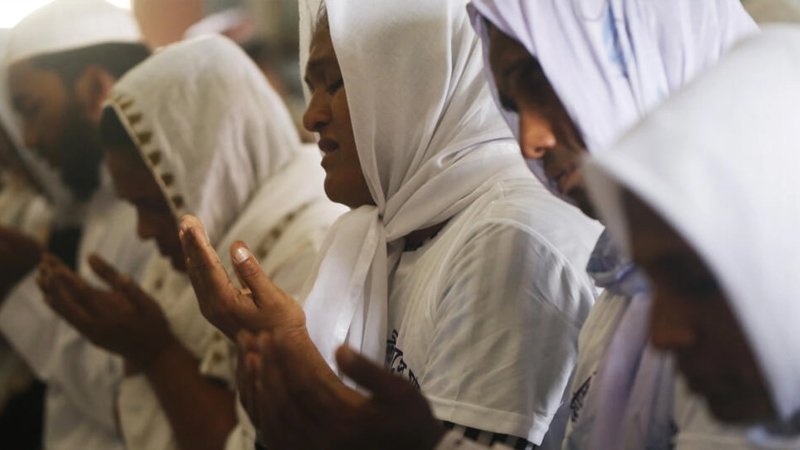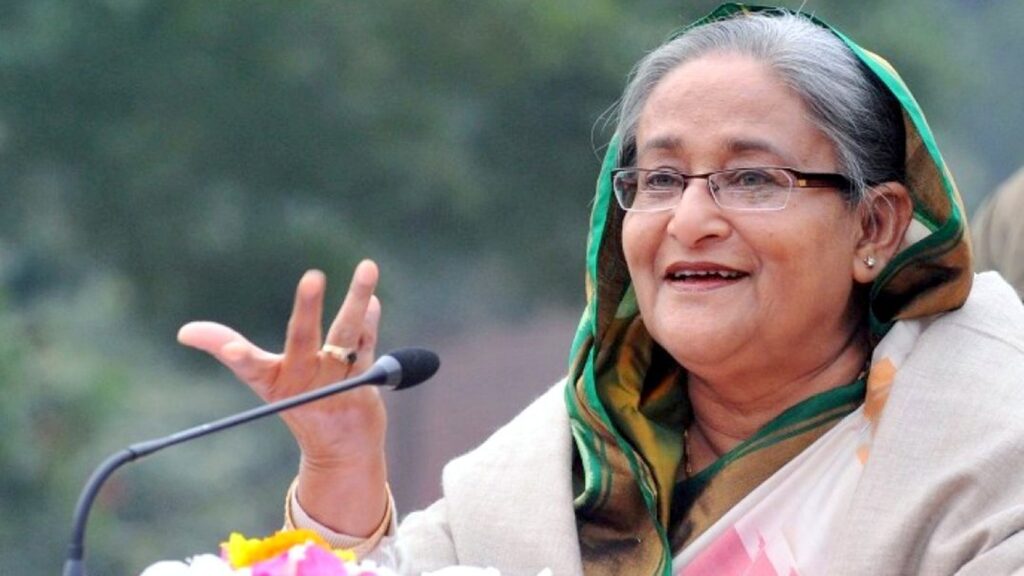Situated near Mymensingh, a city in northern Bangladesh, along the banks of the Brahmaputra river, the inaugural mosque has emerged as a beacon of hope and progress for the marginalized Hijra community. Erected on land generously donated by the Government, it stands as a symbol of growing legal recognition for the community in a country where, since 2013, individuals have been officially permitted to identify as a “third gender”.

Despite strides in political representation, exemplified by the election of a transgender woman as mayor of a rural town in 2021, the Hijra community grapples with persistent challenges. Basic rights such as property ownership and marriage remain elusive, while discrimination in employment and vulnerability to violence and poverty persist at alarming rates.
Mufti Abdur Rahman Azad, founder of a charitable organization dedicated to the Hijra community, heralded the new mosque as a groundbreaking initiative, marking a significant step towards fostering acceptance and understanding.
Indeed, the mosque has swiftly become a catalyst for change, fostering harmony and dispelling misconceptions among local residents. Tofazzal Hossain, a regular attendee of Friday prayers, attests to the transformative power of communal worship, asserting that his interactions with the Hijra community have shattered his preconceived notions.

Imam Abdul Motaleb, the mosque’s spiritual leader, underscores the intrinsic value and dignity of all individuals, regardless of gender identity. His steadfast commitment to inclusivity reflects the teachings of Islam, advocating for the acceptance and respect of the marginalized.
For Joyita Tonu, a prominent leader within the Hijra community, the mosque represents a cornerstone of empowerment and solidarity. With aspirations to expand its capacity to accommodate a larger congregation, Tonu envisions a future where hundreds can gather in prayer, united by their shared faith and humanity.
As the first of its kind in the nation, the mosque stands as a testament to the resilience and perseverance of the Hijra community, offering a sanctuary of acceptance and hope in a world too often marred by prejudice and discrimination.



